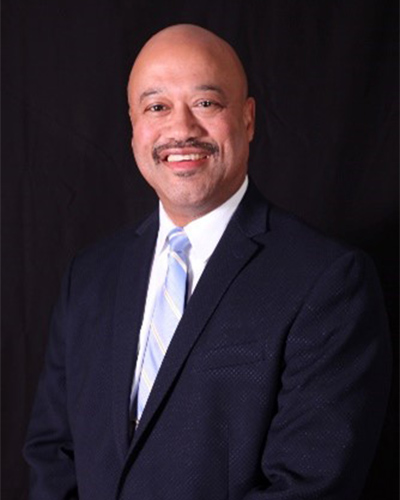Internal Audit
Mission
The mission of Internal Audit is to provide independent, objective assurance and consulting services designed to add value and improve the operations of MSM. It assists in accomplishing MSM's strategic objectives by bringing a systematic, disciplined approach to evaluate and improve the effectiveness of MSM's governance, risk management and internal controls.
Role
The Internal Audit function is established by the Board of Trustees Audit & Compliance Committee. The Internal Audit responsibilities are defined by the Board as part of their oversight role.
Professionalism
The Internal Audit function governs itself by adherence to The Institute of Internal Auditors (IIA) mandatory guidance, including the Definition of Internal Auditing, the Code of Ethics, and the International Standards for the Professional Practice of Internal Auditing. This mandatory guidance constitutes principles of the fundamental requirements for the professional practice of internal auditing and for evaluating the effectiveness of the Internal Audit function's performance. Additionally, the Internal Audit function adheres to MSM's relevant policies and procedures and the Internal Audit Policies and Procedures Manual.
Organization
The Director of Internal Audit reports functionally to the President & Dean and the Board of Trustees Audit & Compliance Committee, and administratively to the Senior VP for Operations/Chief Financial Officer.
 Director: Curt Mencer, CPA, MBA
Director: Curt Mencer, CPA, MBA
Curtis Mencer is an Accounting professional with extensive experience in internal auditing, Sarbanes Oxley compliance and corporate accounting. Mr. Mencer has proven leadership experience directing the planning and execution of complex financial, operational and compliance audits.
Curtis specializes in Audit, Risk Assessment, SOX Compliance, Internal Controls, Process Improvement, Project Management, Financial Analysis, Tax Accounting and Consulting. He is a Certified Public Accountant licensed in Georgia.
Mr. Mencer has been with Morehouse School of Medicine since 2015. Mr. Mencer has added value to the organization through his intuitive leadership skills in collaboration with developing relationships with key stakeholders at all levels within the organization as well as training and coaching audit staff.
Accountability
The Director of Internal Audit, in the discharge of duties, shall be accountable to the President & Dean and to the Audit & Compliance Committee. Internal Audit is also accountable for providing an assessment on the adequacy and effectiveness of the Institution's processes for controlling activities and managing risks in the areas set forth under the mission and scope of work.
Responsibility
Using a risk-based audit methodology, Internal Audit is responsible for developing an annual audit plan and conducting audits designed to mitigate business risks affecting the Institution. The scope of Internal Auditing encompasses, but is not limited to, the examination and evaluation of the adequacy and effectiveness of the Institution's governance, risk management, and internal controls over financial, operational, compliance and strategic processes, as well as the evaluation of the quality of business unit performance in carrying out assigned responsibilities to achieve the Institution's stated goals and objectives. This includes:
- Evaluating risk exposure relating to achievement of the Institution's strategic objectives (risk assessment).
- Evaluating the reliability and integrity of information and the means used to identify, measure, classify and report such information.
- Evaluating the systems established to ensure compliance with policies, plans, procedures, laws and regulations which could have a significant impact on the Institution.
- Evaluating the means of safeguarding assets and, as appropriate, verifying the existence of such assets.
- Evaluating the effectiveness and efficiency with which resources are employed.
- Evaluating operations or programs to ascertain whether results are consistent with established objectives and goals and whether the operations or programs are being carried out as planned.
- Monitoring and evaluating governance ptocesses.
- Monitoring and evaluating the effectiveness of the Institution's risk management processes.

